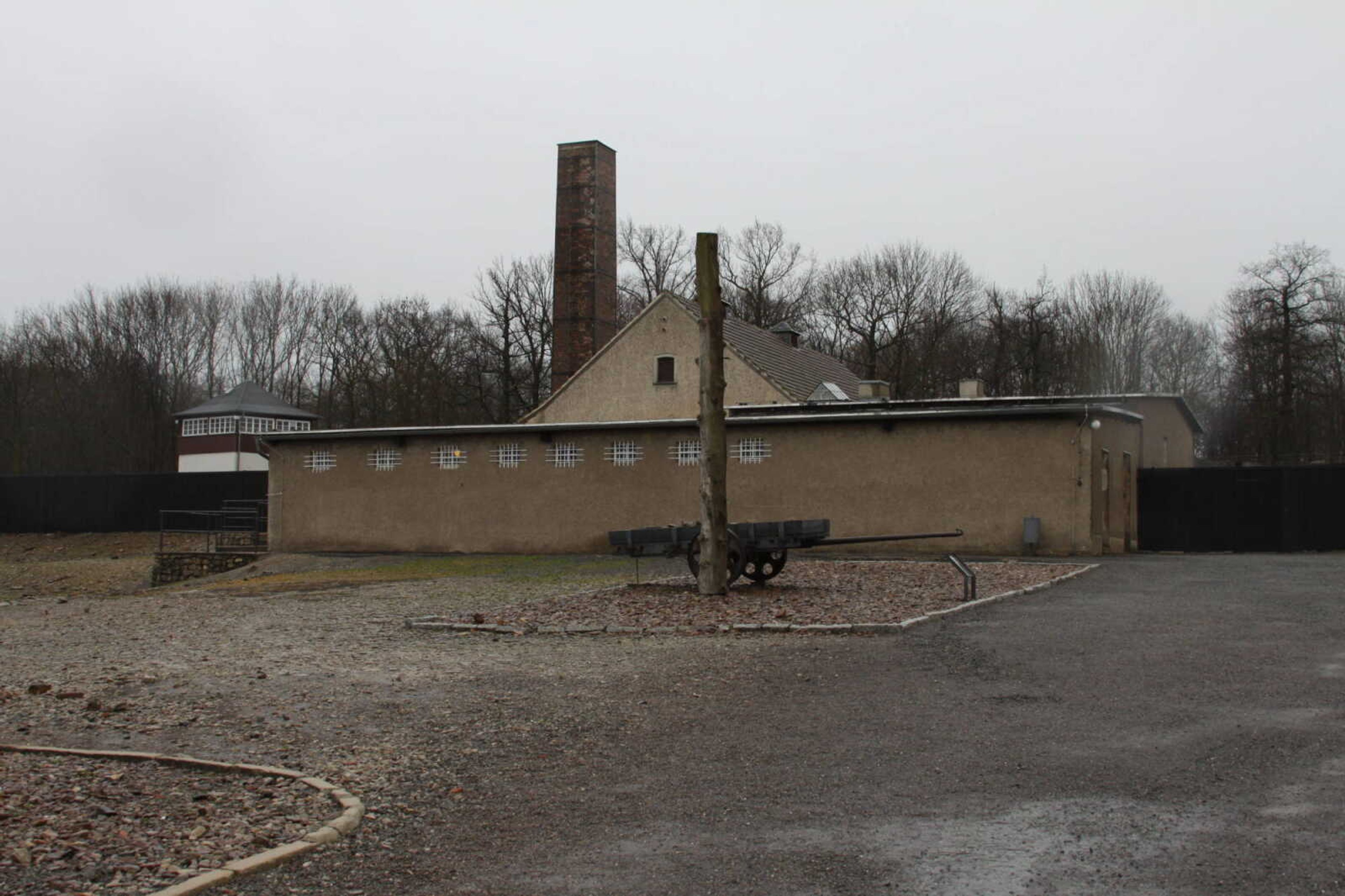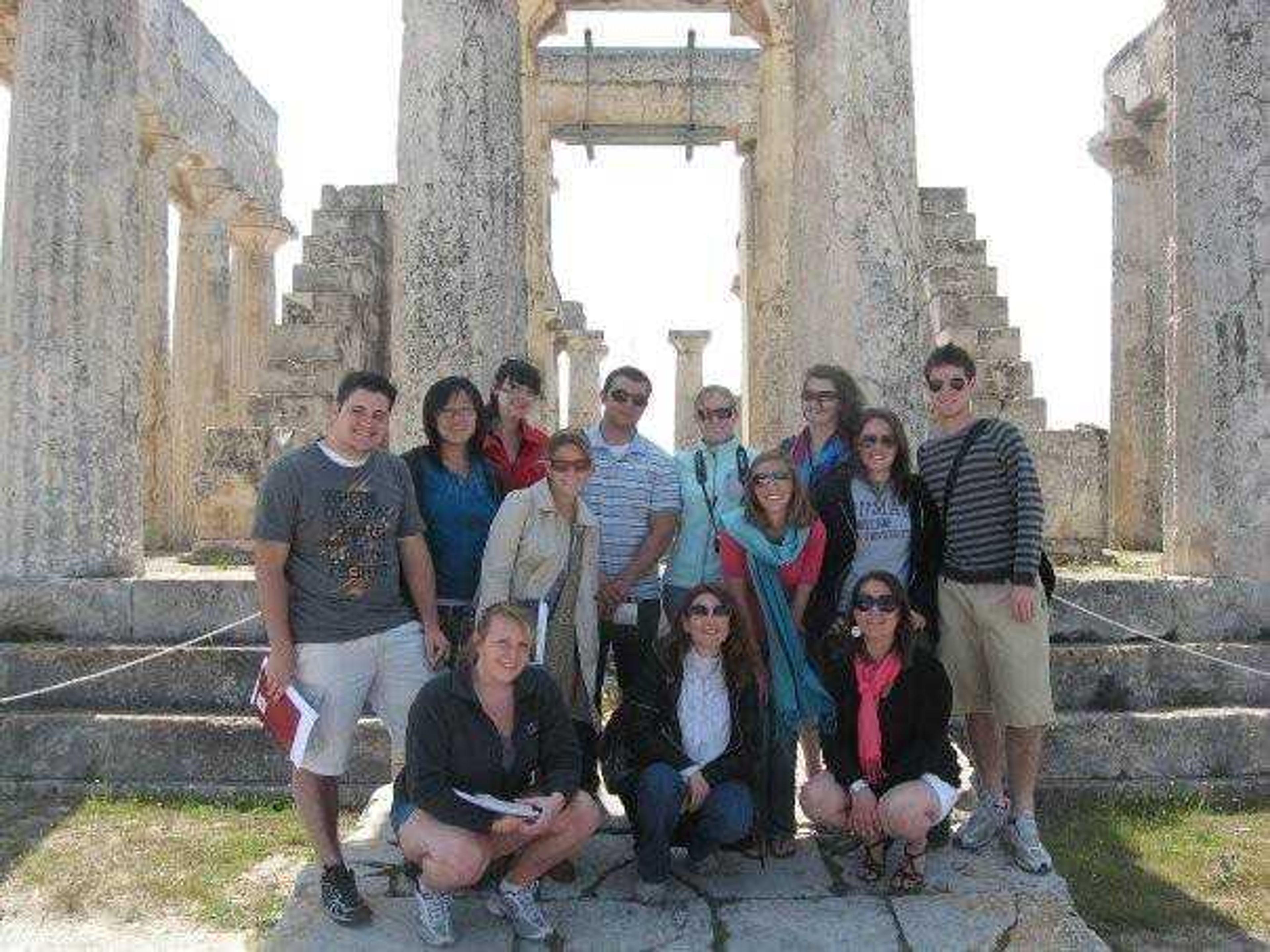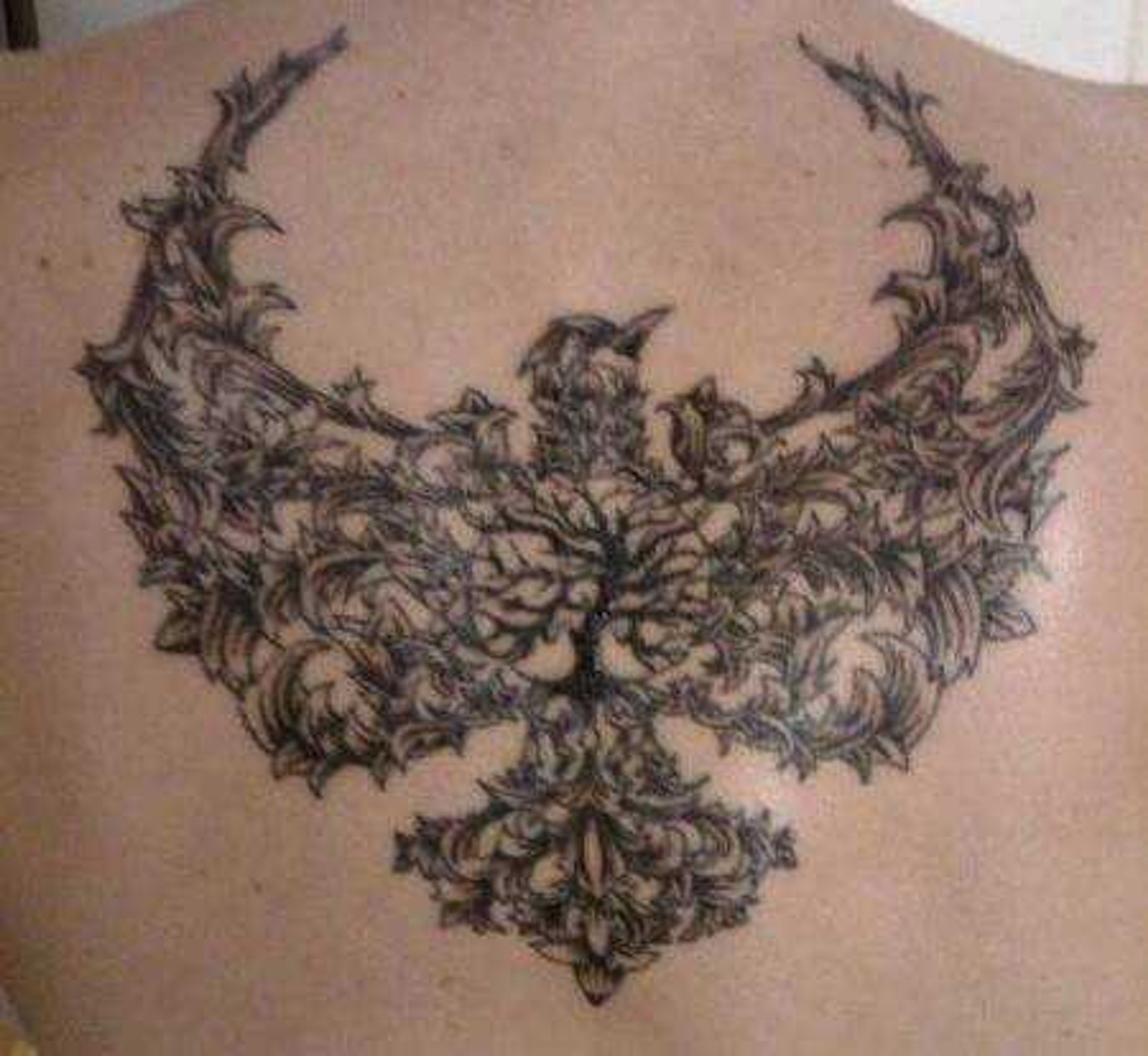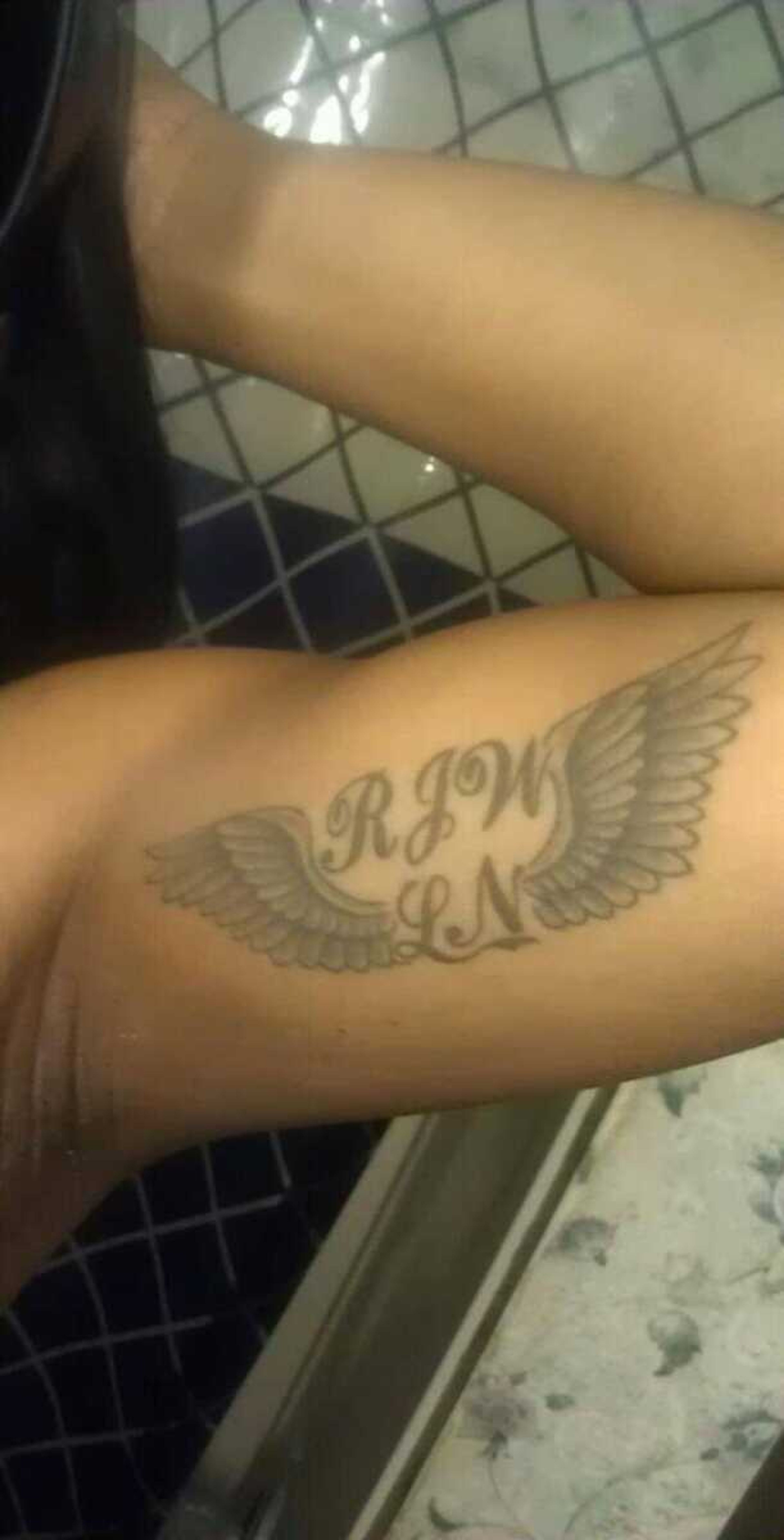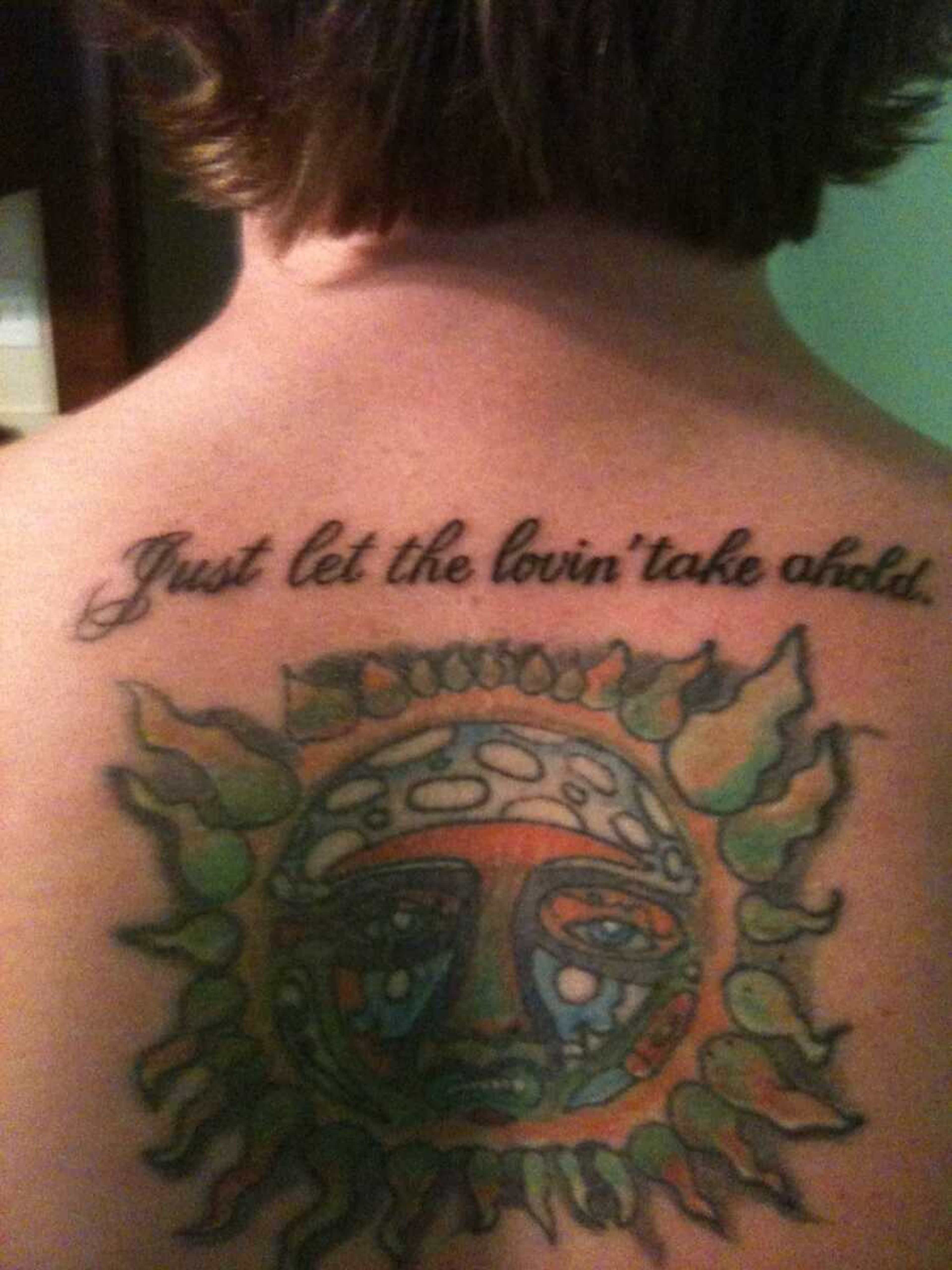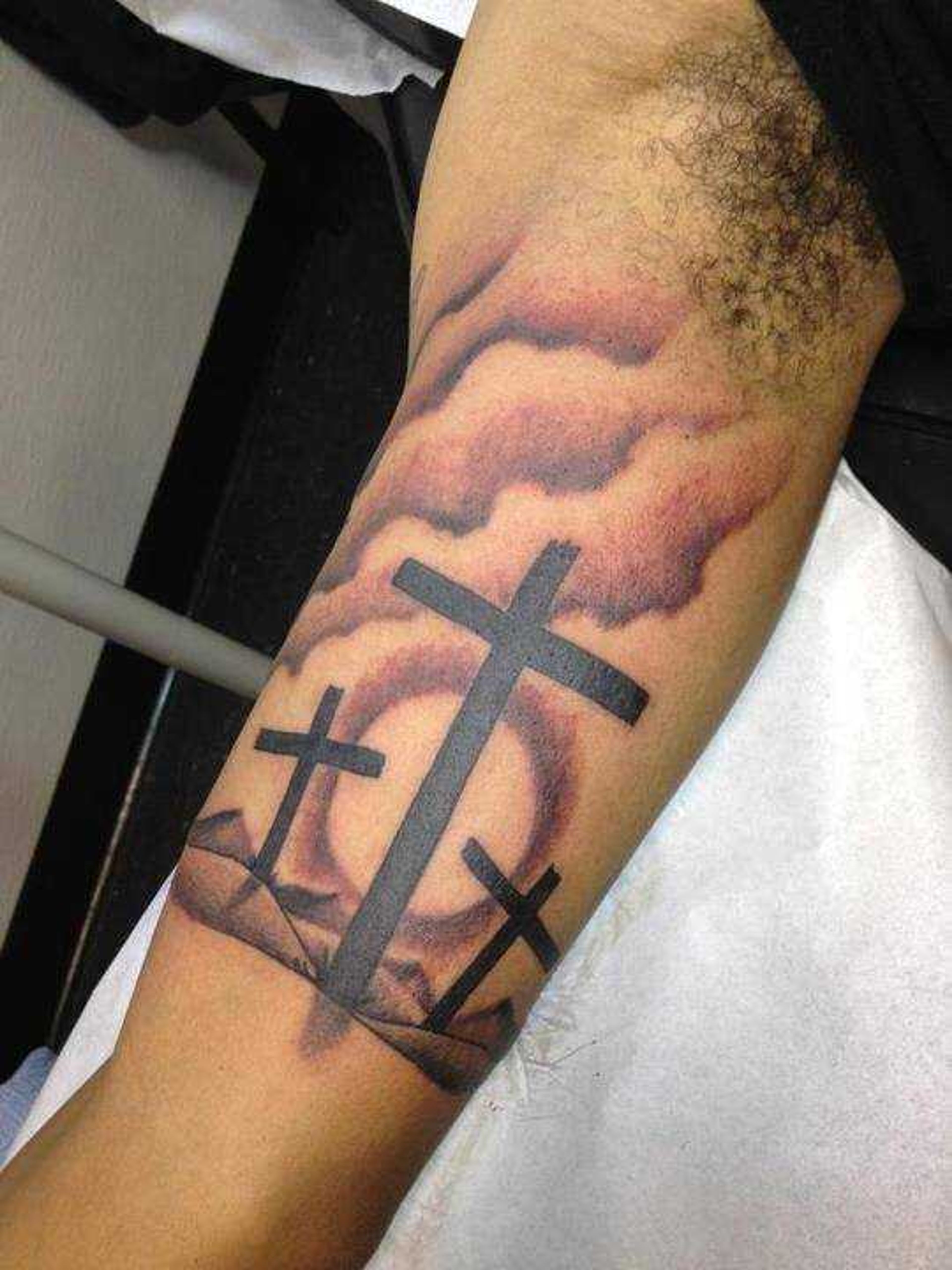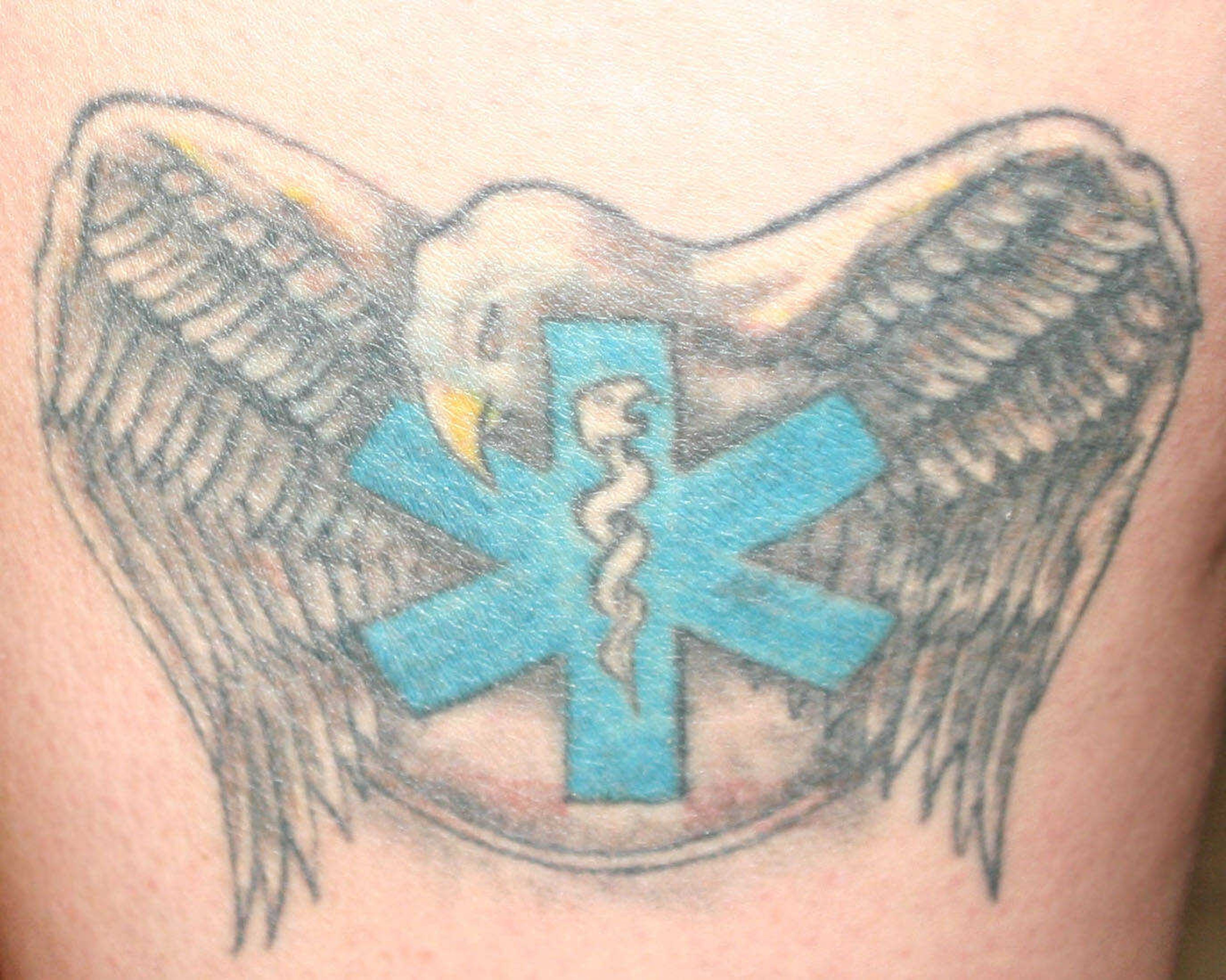Inside a death camp
Weimar, Germany is home to one of the most violent concentration camps in use during World War II.
Weimar, Germany is home to one of the most violent concentration camps in use during World War II.
Buchenwald is located in what used to be known as East Germany. During my trip to Germany over winter break, I visited the infamous concentration camp. It was used during the war to house Jewish prisoners, and after the war it was used until 1955 as a prison for the Soviet soldiers that were captured during the invasion of eastern Germany.
"There were some heinous things done here," my father, Aaron Mang, said. "It was considered the second worst camp in Germany during World War II."
The camp is set far back in the woods, on top of a mountain. As we entered the camp's gates there were already signs of the trauma that had gone on. We made our way down Blut Srasse, or Blood Street, which had been hand laid by the Jews that were imprisoned there. Railroad tracks ran perpendicular to the road.
We walked the two kilometers that the prisoners would have walked down Caracho Path as they approached the camp. As we walked, we passed the commanders' headquarters and a zoo that had been set up for them and their families during the war. We walked through the arrest cells, crematory and the inmate paths. As we walked through each of the areas I became more disgusted with the commanders that once ran the camp and heartbroken for the people who were under their wrath.
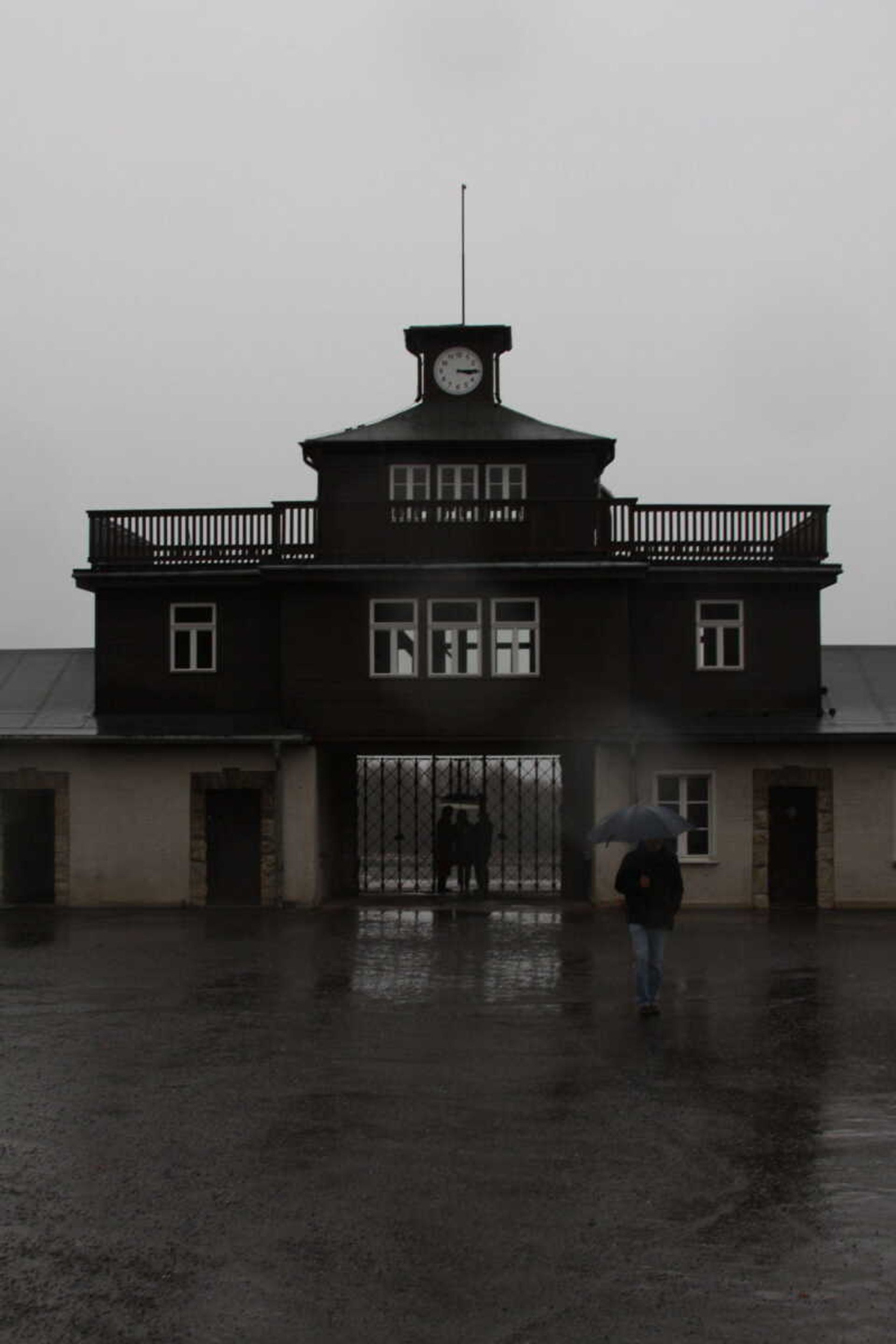
In the crematory, the smell of ash was still prominent. Through the back door, a small staircase led to the basement. This room, the prep room, affected me the most. There was a chute that led up to the main courtyard. This chute was used to throw dead bodies from outside down to the crematory basement. Once the bodies were in the basement they would be loaded onto an elevator that brought the bodies to the upper room to be incinerated. Looking up, I noticed hooks that hung where the ceiling and the wall met. A sign explained that sometimes people who were still living were thrown down the chute, and the soldiers would hoist those individuals up onto the hooks to strangle them before loading them onto the elevator.
"Everyone handles it differently," my father said. "I think it's something we just can't wrap our minds around, how cruel people can be."
